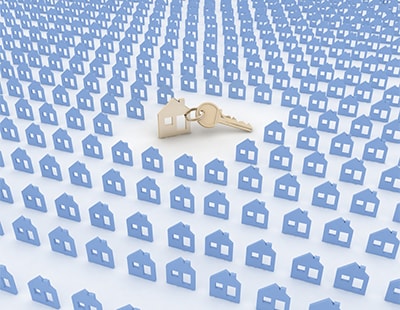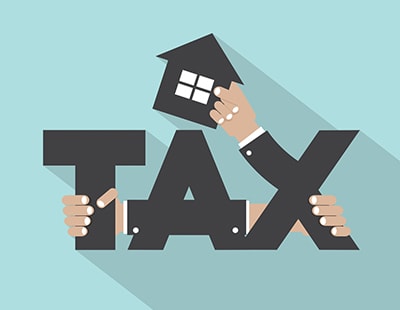
One of the industry’s leading commentators says an unintended consequence of a possible Capital Gains Tax increase could be a bonus for the market, not a problem.
Earlier this week it was revealed that a report commissioned by Chancellor Rishi Sunak suggested that to recoup money spent on the Coronavirus crisis, CGT could be doubled with future changes linked more closely to income tax.
Although the government stresses it has not yet made up its mind on any proposed tax change, this CGT proposal has been widely interpreted in the industry as another attack on buy to let landlords in particular, and owners of second homes in general.
However one commentator - Anthony Codling - suggests it could be a blessing in disguise.
Codling, now running PropTech platform Twindig and well known for his scathing critique of Purplebricks, says an unexpected by-product of a sharp rise in CGT would be a rush to the market by landlords selling properties ahead of the change.
“We have commented several times that changes in stamp duty tax rates tend to lead to a spike in transactions, the largest of which was when additional stamp duty was payable on second homes and buy to let properties” explains Codling.
“In our view, the potential change in Capital Gains Tax would have a similar but opposite impact. Rather than landlords and second-home buyers rushing to complete a purchase, this time they might rush to complete a sale. Whereas the stamp duty holiday has been inflationary (pushing prices up) the rush to get sales done might put downward pressure on prices as the cut in asking price may be significantly less than the Capital Gains Tax liability should the transaction not complete in time” he adds.
Codling says that just as the current stamp duty holiday’s positive impact on the market looks like it’s nearing its end, so a CGT hike could prompt a glut of landlords to sell - so providing more business for the agency industry, in the short term at least.
He says that looked at in context, CGT is not a major factor in the plans of most buyers and sellers, so an increase need not cause alarm.
Codling says that about 32m people paid income tax in 2018/19 but only 276,000 paid CGT - less than one per cent.
“Property is a small part of CGT. In 2017/18 residential land and buildings accounted for just 14 per cent of Capital Gains Tax and the average holding period of the land and property was 10 to 15 years” he explains in a blog.
“Over the last 10 years, average house prices in England have increased by 42 per cent, and by 54 per cent over the last 15 years. It’s worth remembering that tax is only paid on the ‘gains’ - that is, the increase in value and not on the actual sale price of the home. This is a tax on the realised increase in value – if a gain was not made no tax would be paid. If you don't sell you don't pay” he adds.
The upshot from all this, he believes, is that in addition to helping agents with more transactions as landlords sell up, the likely buyers of those investment properties - first timers - would have the upper hand as landlords accepted possibly lower offers to meet any CGT change timetable.






/Parliament-Summer-400x310.jpg)









%20-%20IMAGE%20Client%20Accounting%20%E2%80%93%20what%20are%20your%20options.jpg)


.png)
.png)
.png)
%20(002).png)






%20(002).jpg)





%20A%20property%20tale%20for%20our%20times.png)








Join the conversation
Jump to latest comment and add your reply
I suspect that may not be the case.
No Landlords are going to be rushing to complete any sales when there is a 3 year backlog of possession claims and with section 21 notices currently 6 months, which is rumoured to be extended further from March 21, unless of course Mr Sunak plans to announce the CGT increase is going to be in 2023 or 2024 to give time for all these landlords to gain vacant possession and then 6-9 months or so to fix the inevitable dilaps and try and complete a sale. Even April 2023 will be a bit tight for many.
CGT proposal is actually an attack on second home owner!
Please login to comment